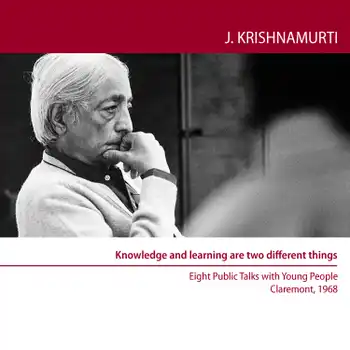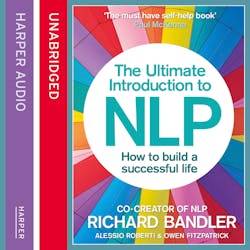Three Public Talks 1. A radical transformation in the psyche itself - 8 November 1968 Duration: 80 minutes • To communicate we must know that the word is not the thing and also be in that state of mind whose quality is attention, care. That can only take place if we are serious. • We are the world and the world is us. To bring about a radical transformation, which is so essential in society, there must be radical transformation in ourselves. • Analysis of violence does not end violence, nor is violence ended by thinking of non-violence. • There is no teacher outside, no saviour, no master; you yourself have to change and therefore you have to learn to observe, to know yourself. • Knowledge and learning are two different things. • Q: What is this silence you talk about? The silence that I am experiencing comes and goes. 2. Thought is the cause of fear - 10 November 1968 Duration: 76 minutes • Though we have plenty of energy, apparently we lack the drive, enthusiasm, vitality to bring about a change in ourselves. • As long as there is fear there must be violence, aggression, anger, hatred. Thought is the source of fear. • Is it possible to live everyday life without thought interfering? • Thought is always old. When you worship thought you are worshipping some thing that is dead. • Q: Could you discuss the process of verbalisation that goes on when one observes? • Q: How do we get rid of this separation, division in ourselves? 3. The benediction of meditation - 17 November 1968 Duration: 67 minutes • We shall explore together into this life, existence, in which is included relationship, love and death, not merely as a phenomenon but as something tremendously significant, to be cherished, deeply lived. Meditation is the approach to this problem of living. • It is only a free mind that is capable of attention in which there is no achieving or losing or fear. It is only a quiet, attentive mind that can understand this immense problem of living. It is only the quiet, meditative mind that can come upon what is called love. • What is living? • The observer cannot possibly do anything about envy because he is the cause and the effect. Whatever he does with regard to envy is still envy. • What does it mean to die, knowing the organism comes to an end? What does it mean to die psychologically, inwardly? Five Public Discussions 4. Freedom of choice is not freedom - 11 November 1968 Duration: 83 minutes • What do we mean by free will? Is there such thing? • Is choice ever necessary? • Freedom exists only when I perceive very clearly, when the mind sees things as they are. • Q: Is it possible to be free in society? • Q: Is love the absence of hate? • To find out what truth is you must be free of propaganda: the propaganda of the Church, the propaganda of literature, propaganda of tradition, so that you see things clearly for yourself. 5. Learning is action - 12 November 1968 Duration: 56 minutes • Our education is concerned with the accumulation of knowledge. Very few of us are capable of living a life without the influence of specialists. • What is the point of going to a university, getting a degree and disappearing into the vast structure of society? • Q: How shall we approach the idea of study? • If you express from something already accumulated it is a deadly bore, but if you are all the time watching, not only yourself but the world, you are learning. • Q: You say that a mantra is an escape. Do you think that people use drugs as an escape or because they want to become closer? • When I observe myself I cannot learn if I condemn what I find. • We observe through our imagination, through our image, through our knowledge. 6.
Knowledge and Learning are two Different things : Eight Public Talks with Young People, Claremont Colleges, USA, 1968
Aloita tämä kirja jo tänään, hintaan 0€
- Kokeilujakson aikana käytössäsi on kaikki sovelluksen kirjat
- Ei sitoumusta, voit perua milloin vain
Kirjailija:
Lukija:
Kieli:
englanti
Muoto:

Nietzsche's The Birth of Tragedy

The Art of Controversy : The Art of Being Right
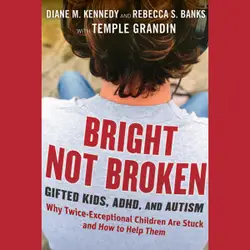
Bright Not Broken : Gifted Kids, ADHD, and Autism

An Autobiography of Trauma : A Healing Journey
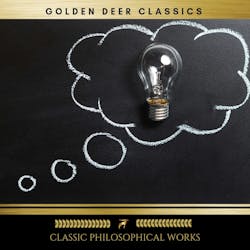
Classic Philosophical Works (Thus Spoke Zarathustra, The Apology of Socrates, Tao Te Ching...)
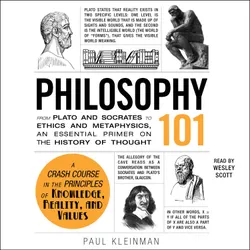
Philosophy 101 : From Plato and Socrates to Ethics and Metaphysics, an Essential Primer on the History of Thought
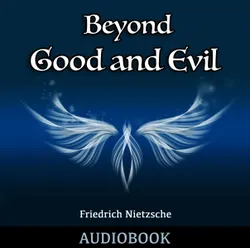
Beyond Good and Evil

Cats : Keepers of the Spirit World
The Ultimate Introduction to NLP: How to build a successful life
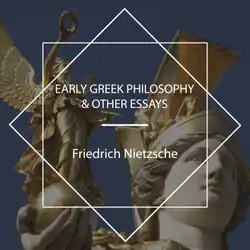
Early Greek Philosophy & Other Essays
How to Take Charge of Your Life : The User’s Guide to NLP
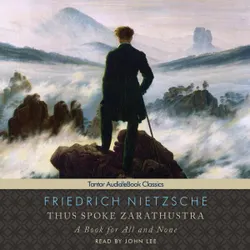
Thus Spoke Zarathustra : A Book for All and None

Havaintoja : Päiväkirjamerkintöjä
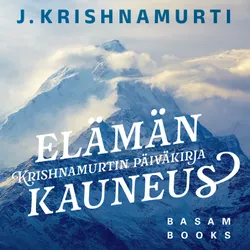
Elämän kauneus : Päiväkirjat 1973-1981
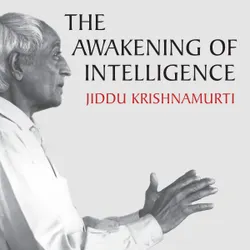
The Awakening of Intelligence
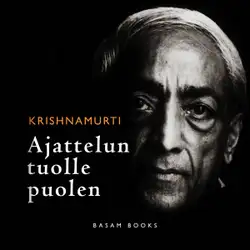
Ajattelun tuolle puolen
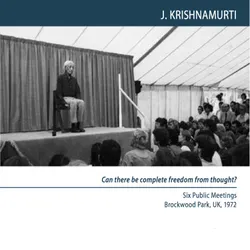
You Can Learn Only If you Do Not Know : Can There Be complete Freedom Of Thought
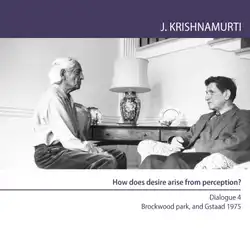
How does Desire Arise From Perception ?
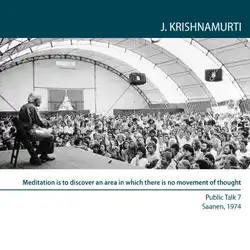
Meditation is to discover an area in which there is no movement of thought : Saanen 1974 - Public Talk 7
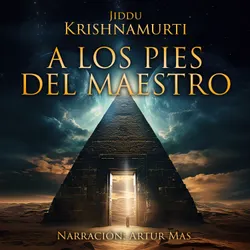
A los Pies del Maestro

Pourquoi avons-nous peur ?

Qué es la meditación

Temor, placer y amor

La revolución interior : Transformar el mundo
